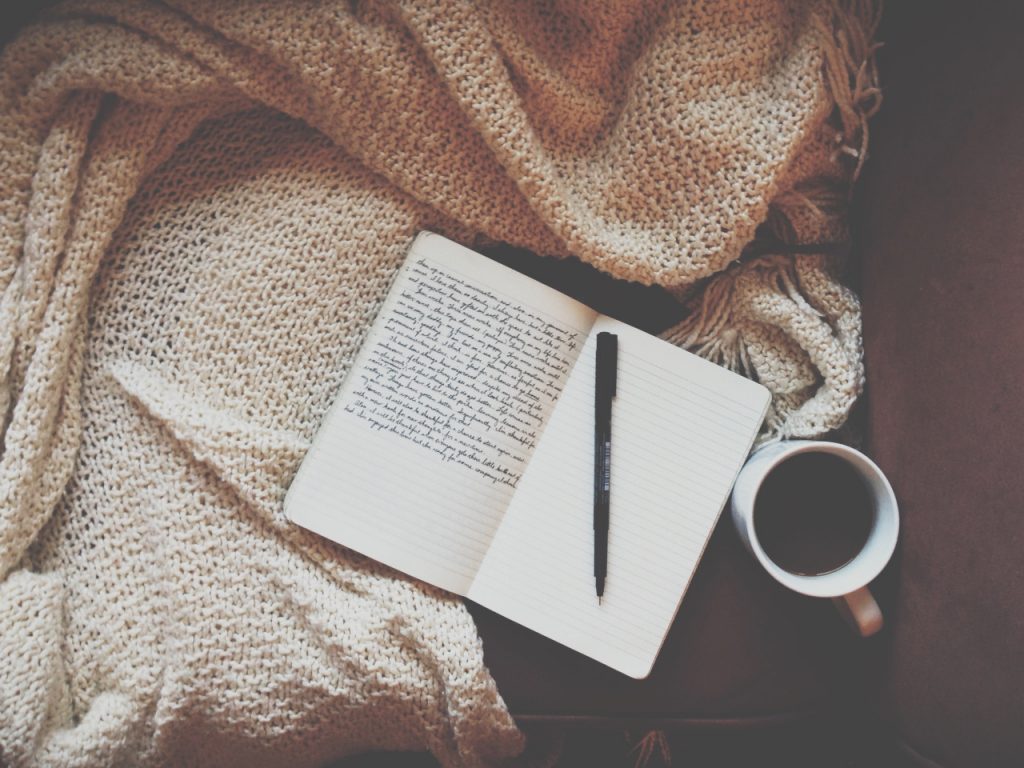If yoga and reflection are focal practices in your life, then you very well know their capability to enable you to be at the present moment, and mindful. Writing holds a similar guarantee, says Elena Brower, a yoga and reflection educator in New York City. “Every time I have been in a tough spot or can’t make sense of a particular event, I turn to my journal,” she says. “Once I organize my thoughts, I’m more capable of accessing the lesson that’s hidden within whatever I’m facing” If you’d love to compose, but something’s keeping you down, take after Brower’s tips for finding your stream:
Make a comfortable writing space.
Put aside an edge of your work area that you keep clean to journaling, or place a candle beside your comfiest seat to light when you’re prepared to begin writing. Regardless of where you write, do it in a space that feels unique and welcoming.
Pick your medium carefully and wisely
If the clear page threatens you, purchase a diary that has prompts, for example, Brower’s new book, Practice You. It’s loaded with guidelines and request that will surely help you get started and track with your aims.
Write after or before you meditate
Now and again Brower writes before she sits. It helps clear her headspace, so her reflection feels less demanding. Different circumstances, she discovers writing comes all the more effective in the wake of reflecting. Attempt both, and see which works better for you.
Fight the temptation to alter yourself.
“Go ahead and make a mess,” says Brower. If you start writing from a position of vulnerability, simply continue putting down your musings as they surface—don’t delay to consider what they mean. Rather, “trust that the mess will lead you to order,” and perhaps enable you to learn what to do next

